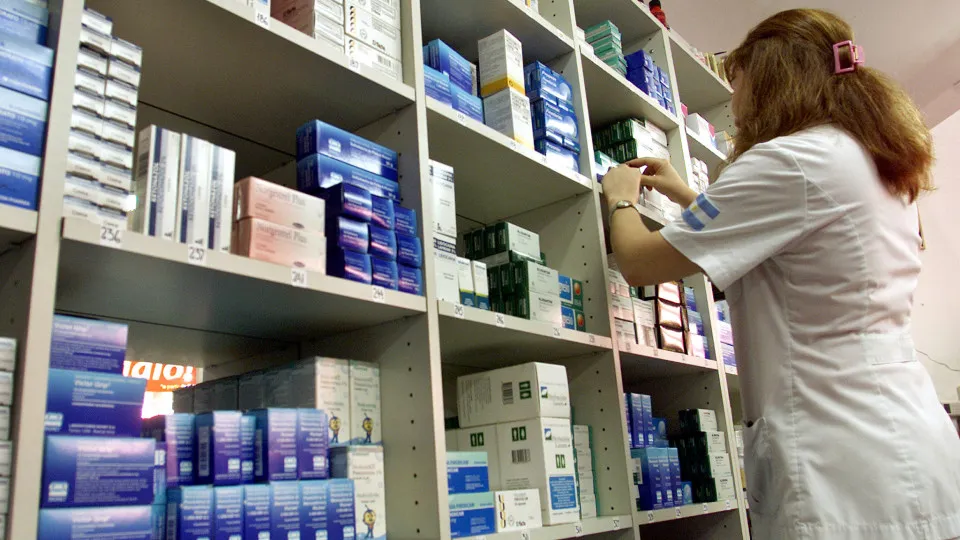
The Portuguese Association of Young Pharmacists (APJF) has announced a new agreement that includes 18 commitments aimed at attracting and retaining professionals at all career stages. These commitments focus on distinguishing and specializing pharmaceutical activities, enhancing initial and continuous training, and improving salary conditions.
The agreement also advocates for fair compensation for pharmaceutical services, protection of pharmacies in low-population areas, promotion of healthy and safe work environments, balancing personal, family, and professional life, maintaining pharmacists’ technical and scientific autonomy, and social recognition of the profession.
This memorandum of understanding follows a study by the APJF involving over 1,000 pharmacists, which assessed their perceptions of working conditions, satisfaction, and future outlooks.
The study revealed that more than 90% of community pharmacists are concerned about the labor market conditions in Portugal, with 30% having sought opportunities abroad, increasing to 40% among pharmacists under the age of 35.
Key challenges identified include unsatisfactory remuneration, with three in every four pharmacists expressing dissatisfaction with their salaries due to professional qualifications and the country’s socio-economic reality, as well as the balance between professional, personal, and family life.
Career progression prospects are also highlighted as concerns in the study, indicating that remuneration and work-life balance are among the most motivating factors for professionals.
Given the shortage of healthcare professionals, the aging workforce, and evolving scientific, technical, and technological demands, this pact aims to help retain professionals in Portugal and increase the profession’s attractiveness to younger people.
“There are significant challenges in attracting, retaining, and valuing talent in community pharmacies, particularly in a context of greater integration of pharmacists and community pharmacies with the National Health Service,” stated the APJF, advocating for this “joint agenda.”
The pact was signed by key sector entities: the Order of Pharmacists, National Pharmaceutical Union, National Association of Pharmacies, Association of Pharmacies of Portugal, Portuguese Association of Young Pharmacists, Portuguese Association of Pharmacy Students, and the Portuguese Association of Community Pharmacists.




